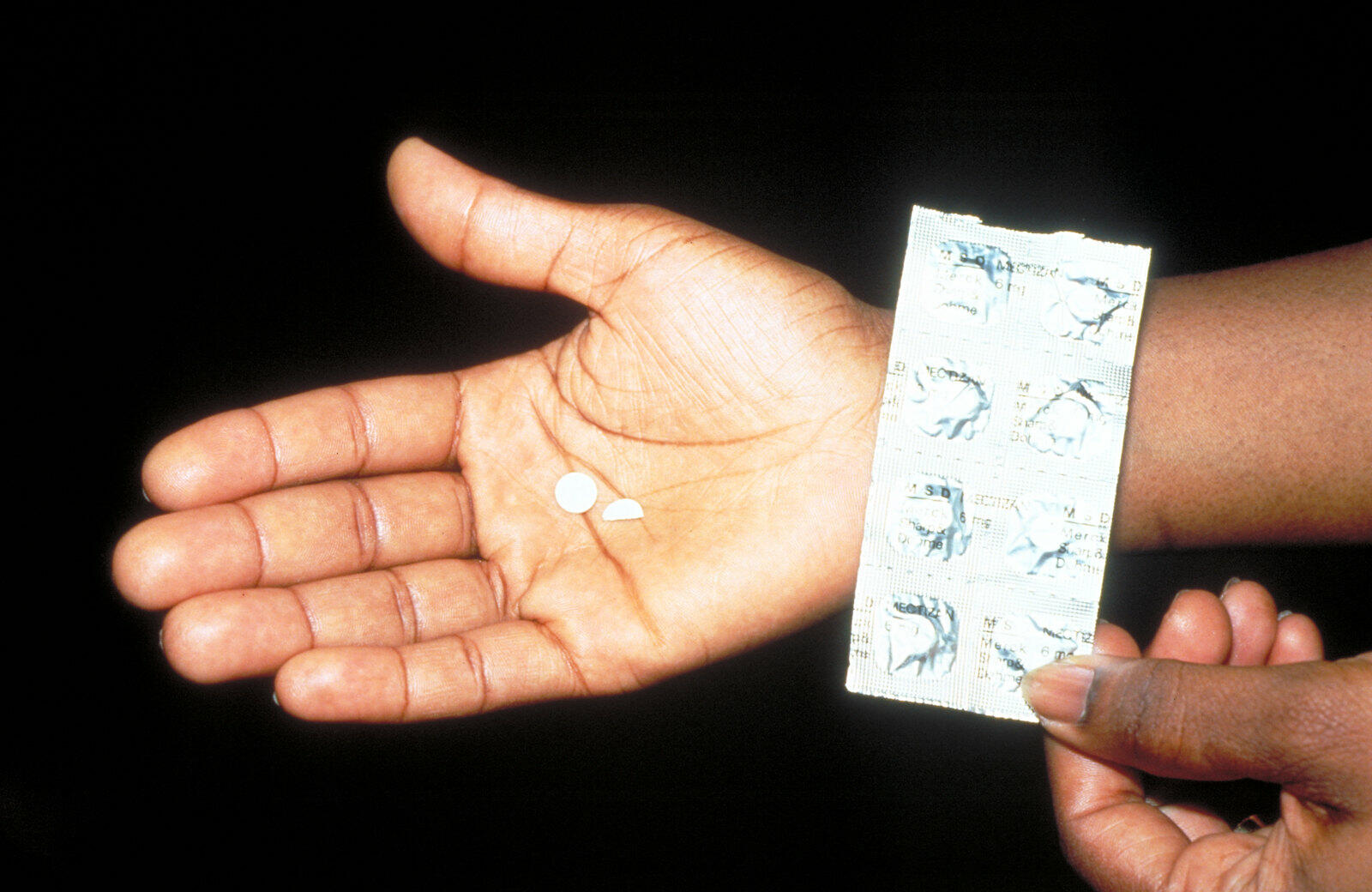
Researchers from LSTM, along with colleagues in the UK, Burkina Faso, and Cameroon, have demonstrated that vector control strategies are needed alongside mass drug administration of ivermectin to achieve Onchocerciasis elimination.
Onchocerciasis (river blindness) is a vector-borne neglected tropical disease caused by filarial parasites that can lead to severe disability, and its prevention, control and elimination has been set out in a recent WHO roadmap aligned with the Sustainable Development Goals. Mass drug administration (MDA) of ivermectin is currently the main strategy to achieve elimination of onchocerciasis transmission within the community.
LSTM’s Dr Inaki Tirados, first author on the study said: “Mass drug administration of ivermectin through the communities is reducing transmission of onchocerciasis effectively in most areas. However, we have found that in areas where Onchocerciasis and the vector-borne tropical eye work Loiasis are co-endemic, MDA with ivermectin is unlikely to achieve the WHO goal of interruption of transmission.”
The research team explored how utilising vector control strategies alongside Ivermectin MDA campaigns can contribute to achieving the elimination goals. Dr Tirados continued: “We found that vector control appears to accelerate elimination of Onchocerciasis transmission in areas where the two diseases are endemic. Although these vector control interventions can contribute towards achieving the proposed elimination goals, it will require prolonged reductions in vector density particularly where vector biting rates are high.”
Decreasing vector biting rates below the threshold for endemic transmission will also safeguard elimination once achieved, helping to minimise rates of resurgence or re-introduction of infection. The research highlights the pressing need for the development or improvement of current vector control tools suitable to be applied by endemic communities at a local scale. Such “Community-directed” methods of vector control should be consistent with WHO policy on community participation in NTD programmes and help to strengthen the WHO roadmap on NTDs.
Iñaki Tirados, Edward Thomsen, Eve Worrall, Lassane Koala, Tito T. Melachio, María-Gloria Basáñez,
Vector control and entomological capacity for onchocerciasis elimination,
Trends in Parasitology, 2022, ISSN 1471-4922, https://doi.org/10.1016/j.pt.2022.03.003